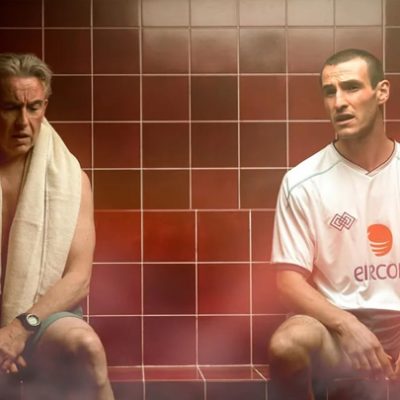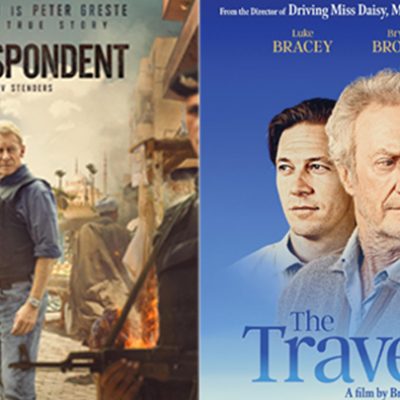
In Mother Teresa and Me, two women’s lives are woven over generations by two intertwined stories. Source: Australian Catholics.
Mother Teresa of Kolkata, now a canonised saint, was a significant 20th-century figure in India and, indeed, throughout the world.
There have been many documentaries about her, including three feature films. Now we can add a fourth, but one with some significant differences.
The film was fully funded by donations and grants from foundations, especially the Zariya Foundation, established by Swiss actress Jacqueline Fritschi-Cornaz and her husband. She was impressed on a visit to Kolkata many years earlier and they set up the foundation to help the Missionaries of Charity, and with the proceeds from the exhibition of this film
Fritschi-Cornaz asked the Switzerland-based Indian director Musale to both write and direct the film.
In fact, Mother Teresa is more like two films in one, with two storylines intercut with strong dramatic effect.
The first story, of course, is that of Mother Teresa herself. We see her as a Loreto Sister, a migrant from Albania, teaching, but affected by the poor, especially in the streets of Kolkata in the immediate aftermath of World War II.
One interesting feature of this film is that it shows Mother Teresa’s work in Kolkata and nothing of her fame. The focus is solely on her work with the poor.
Fritschi-Cornaz plays Mother Teresa but not in a film star way at all. Her Mother Teresa is sometimes severe, certainly always determined, suffering anguish of the soul and struggles with faith.
These sequences filmed in black and white, gradually gaining colour tinting until 1991 when her story is in full colour.
Initially, audiences are left wondering about the second story.
It is set in 2020s London where Kavita (Sandhu), a young woman of Indian background, is a violinist. She is defiant, outspoken and critical, reacting against her parents wanting to arrange a marriage for her.
Kavita discovers she is pregnant, and her partner is fearful and not helping. There is a lot of discussion about abortion and keeping children.
These scenes are filmed in bright colour, contrasting with the black-and-white Kolkata.
Kavita goes to India to stay with her aunt, discovering the work of the Missionaries of Charity.
So, this is not just another film about Mother Teresa – it is an invitation to a 21st-century audience to rediscover her story and discuss issues of poverty, interfaith dialogue, pregnancy, and abortion.
Review by Fr Peter Malone MSC, Jesuit Media.
Mother Teresa & Me: Starring Banita Sandhu, Jacqueline Fritzie-Cornaz, Shobu Kapoor, Deepti Naval, Bryan Lawrence. Directed by Kamal Musale. 125 minutes. Rated M (Violent scenes). For screenings, see Heritage Films.
FULL STORY
Mother Teresa & Me (Australian Catholics)






